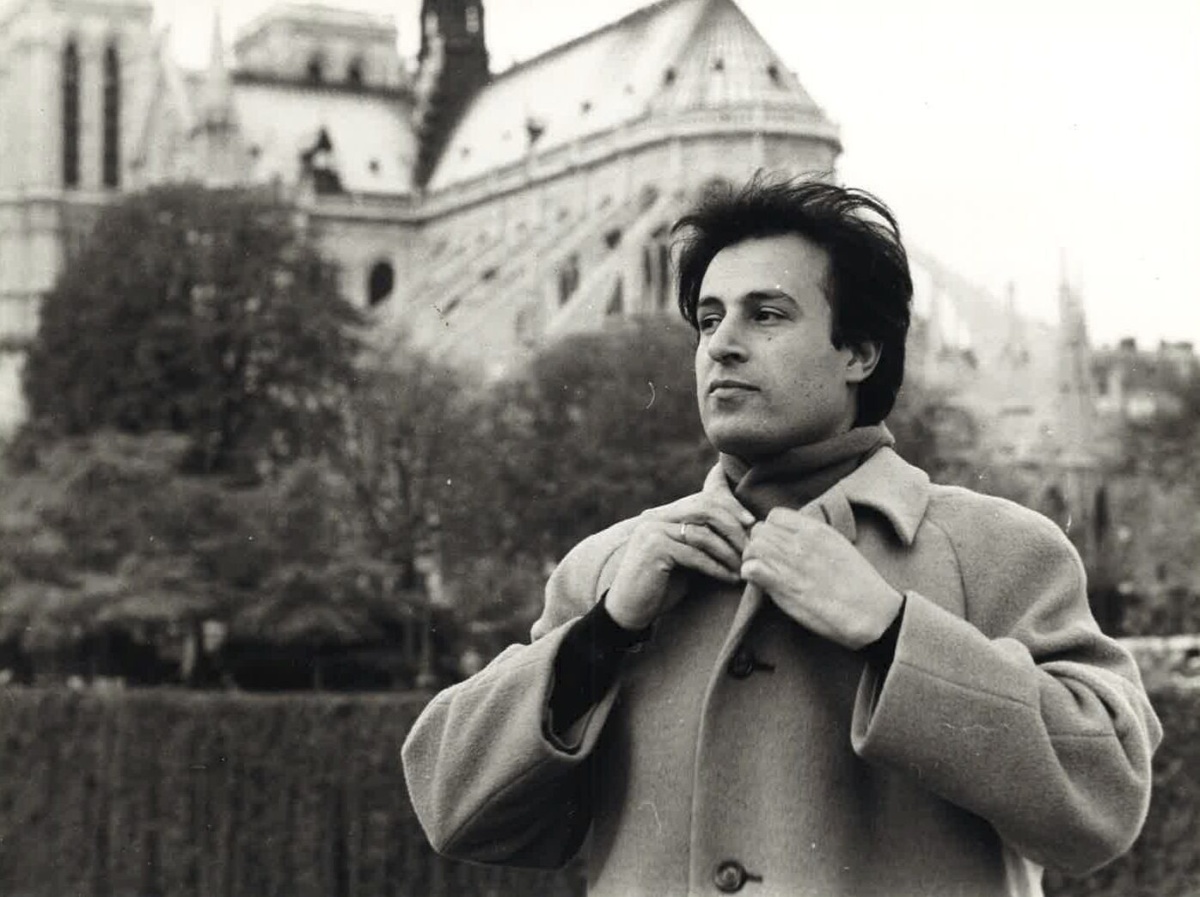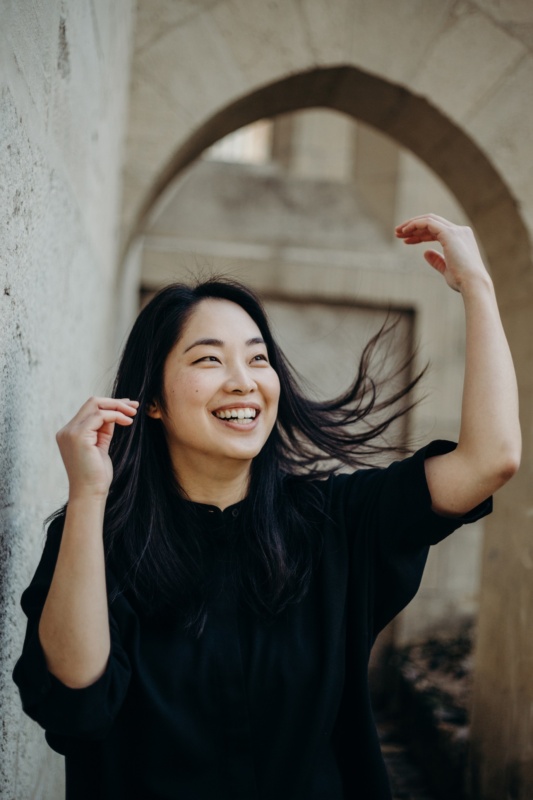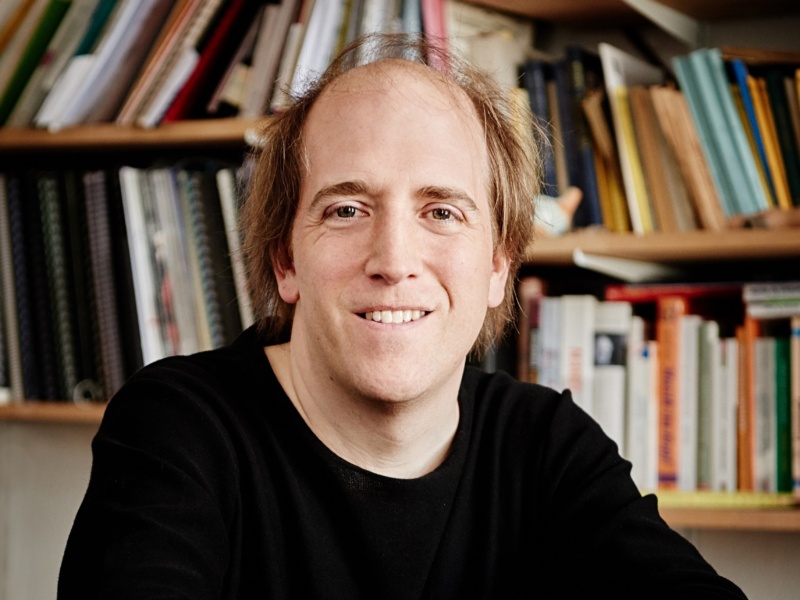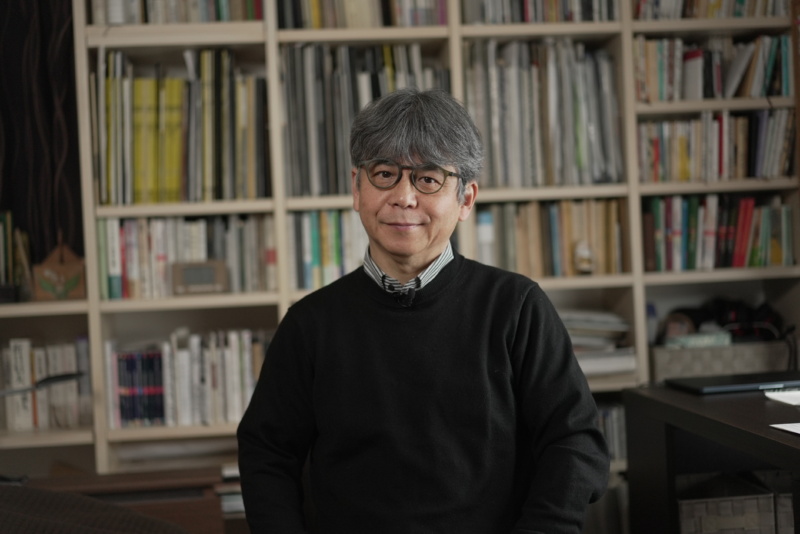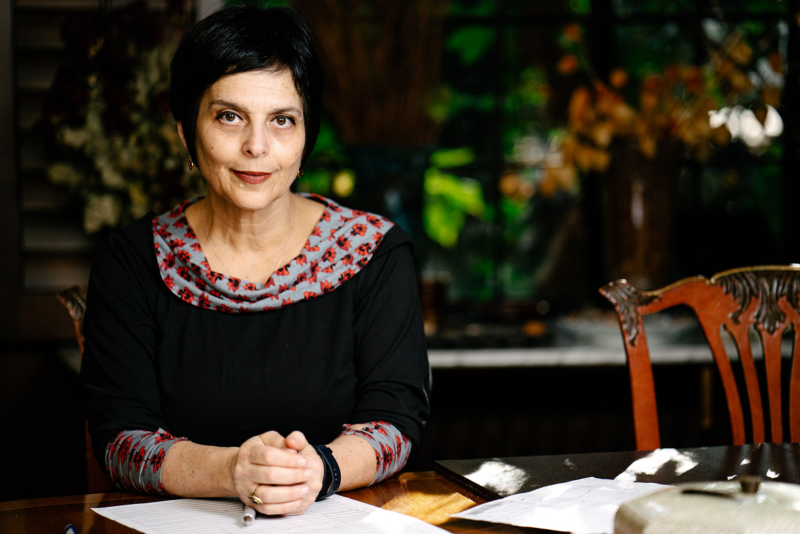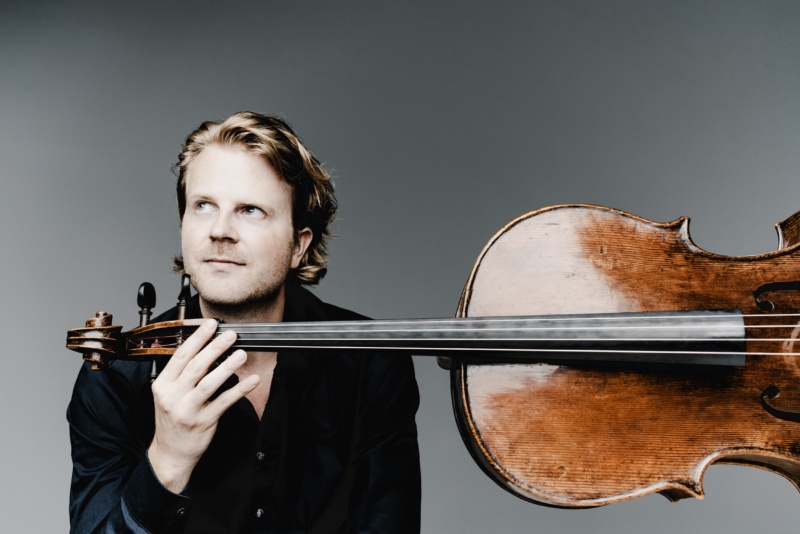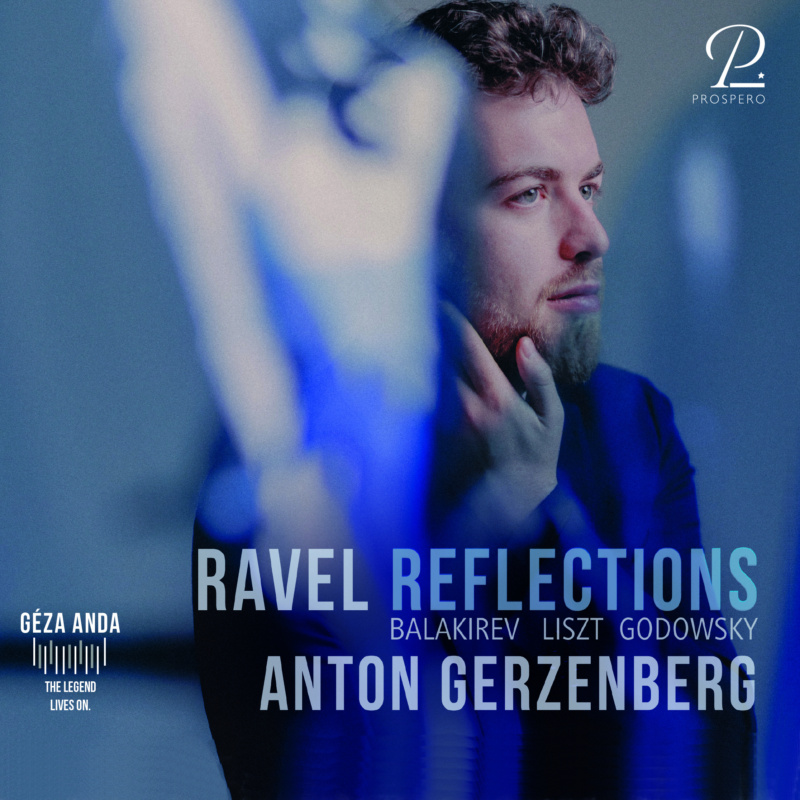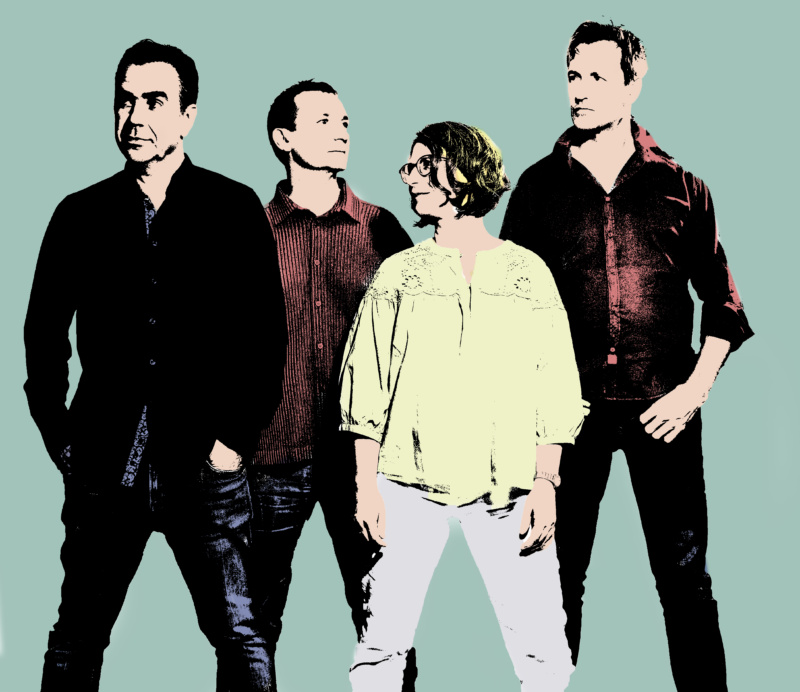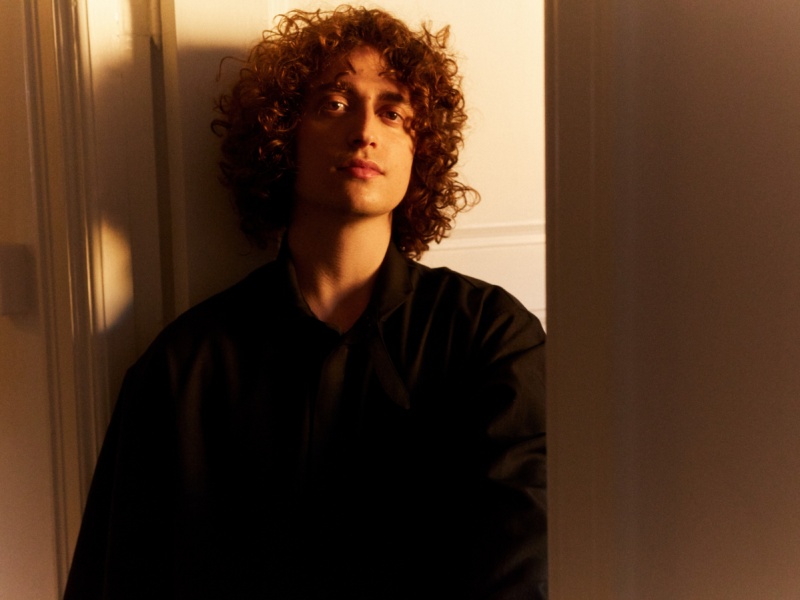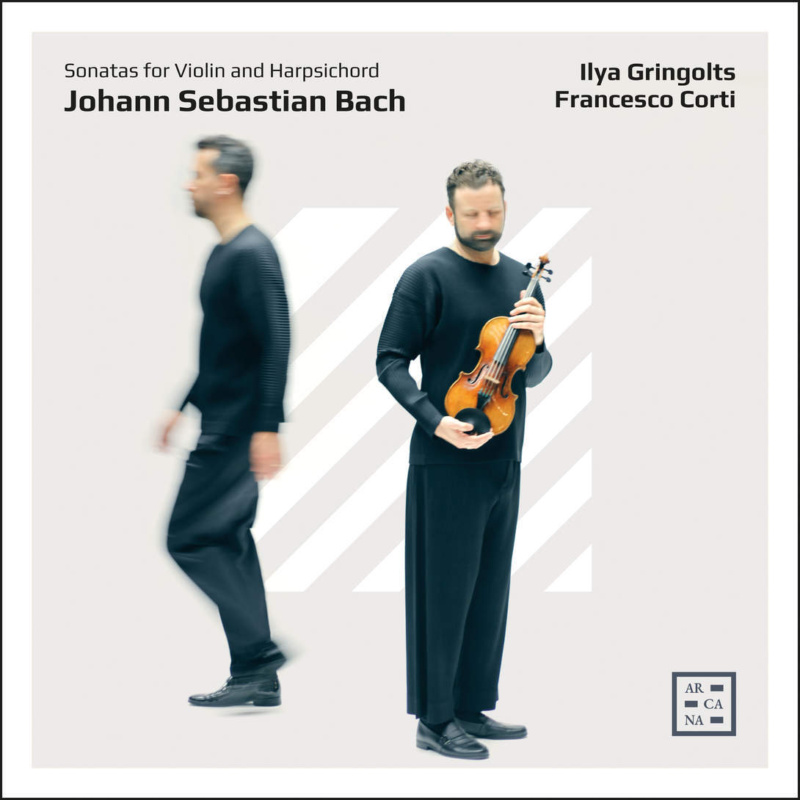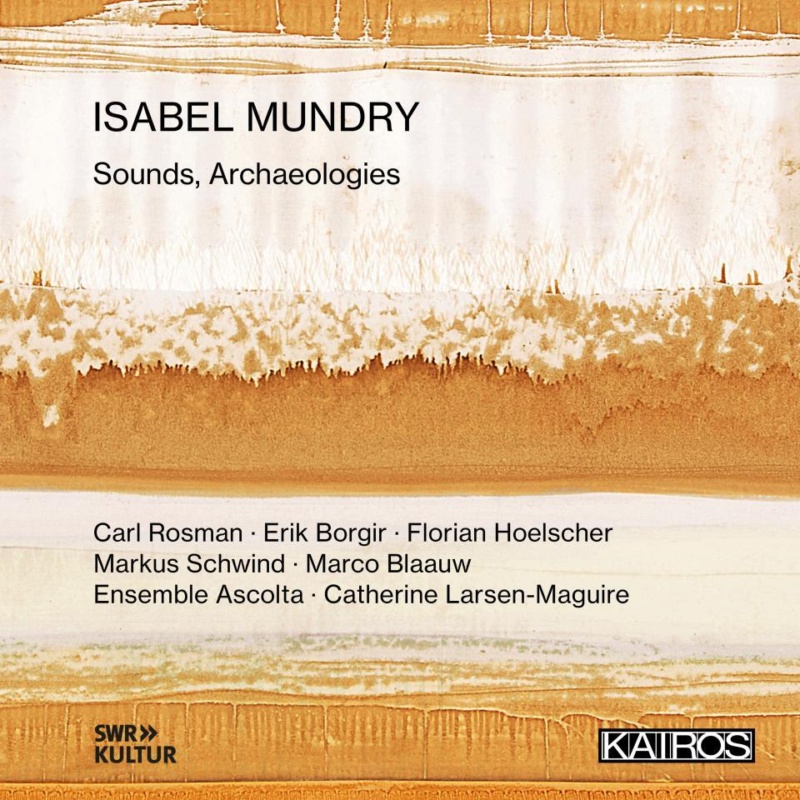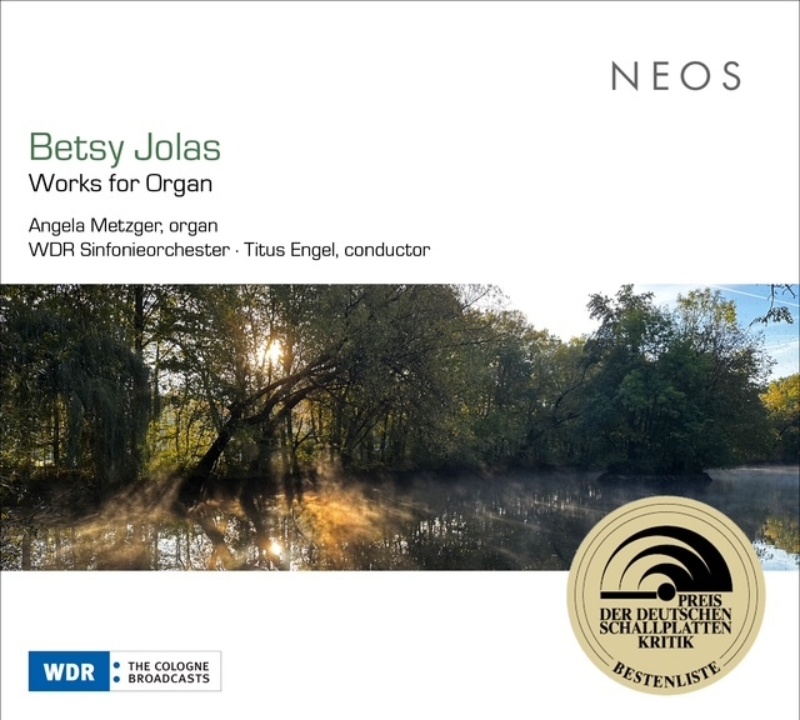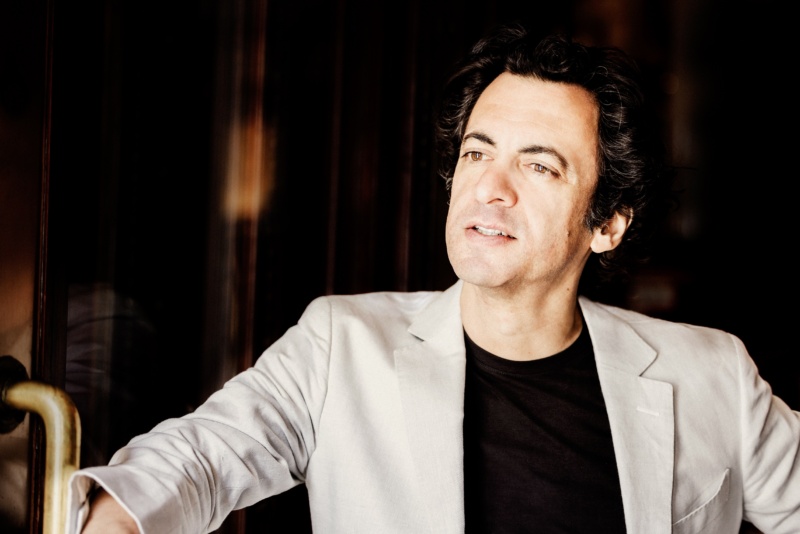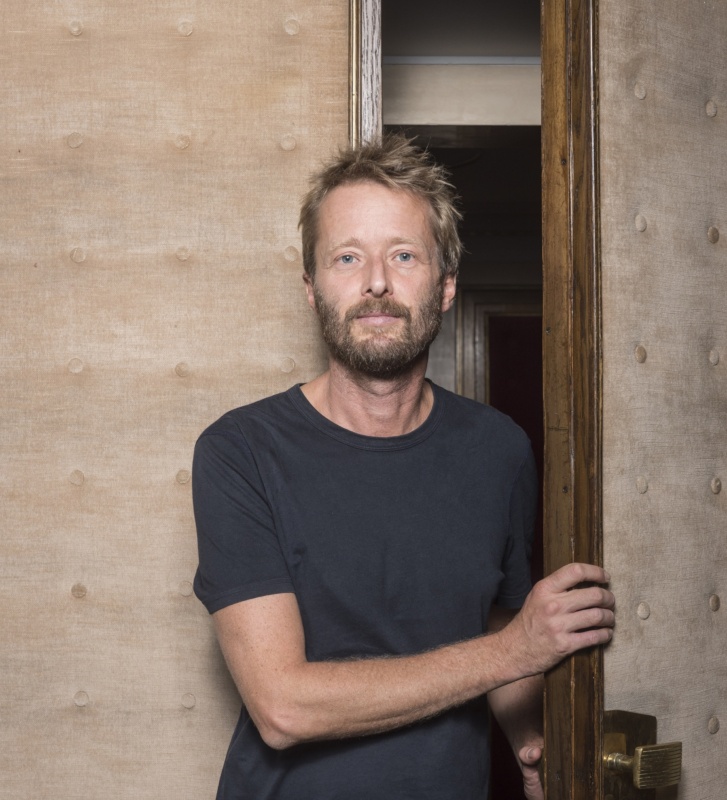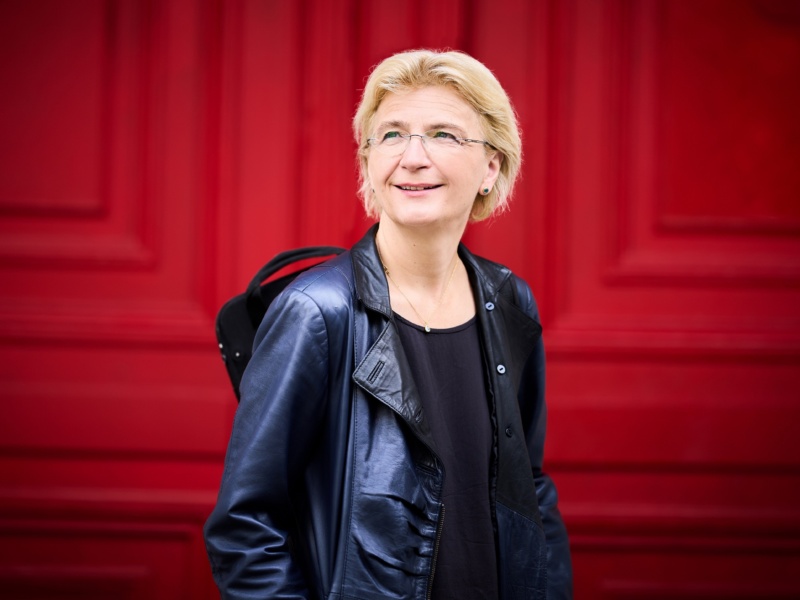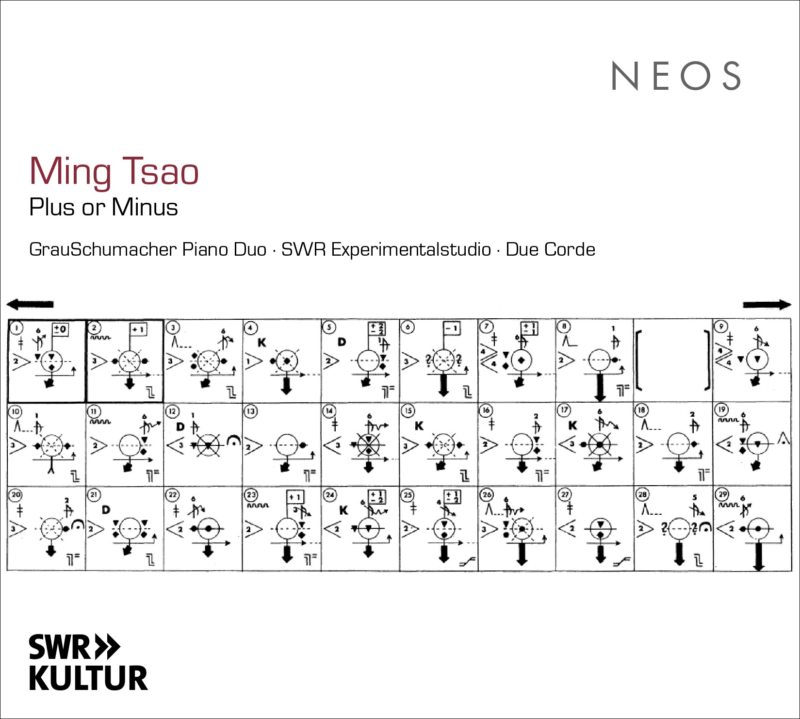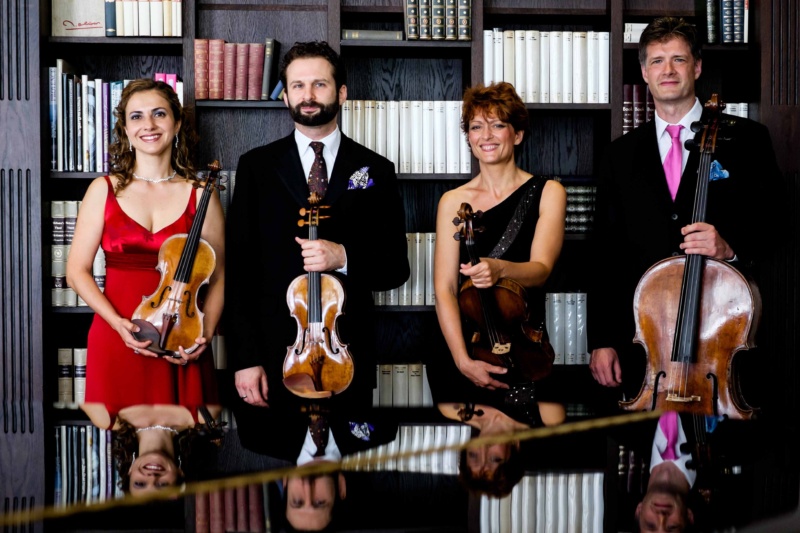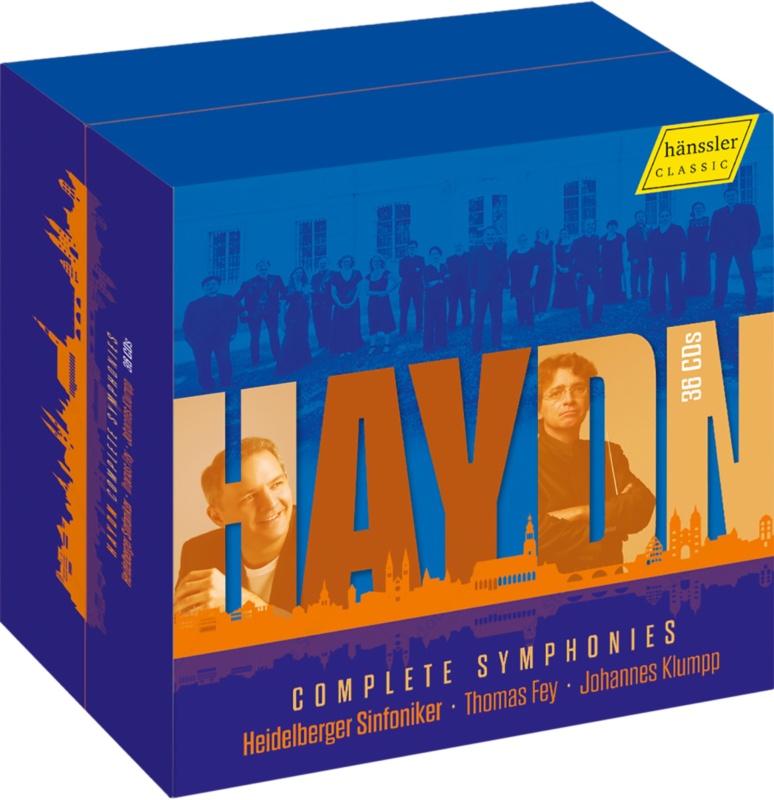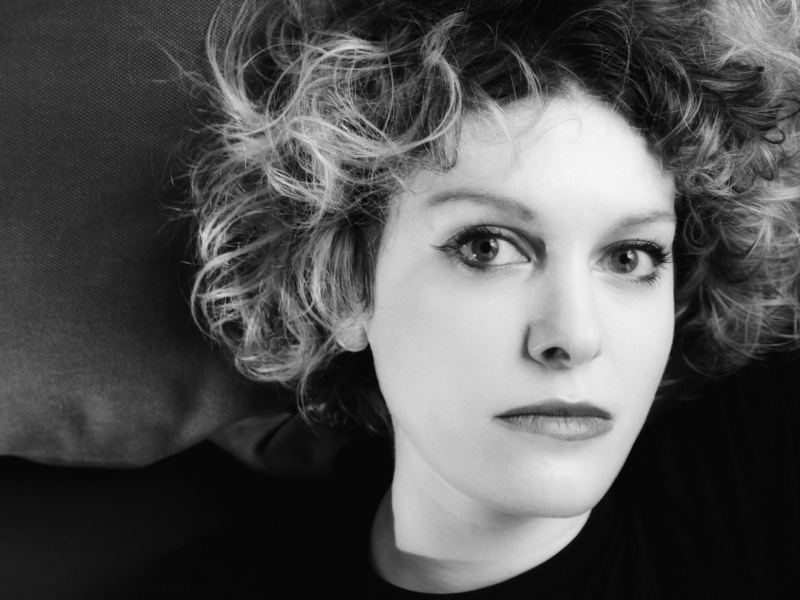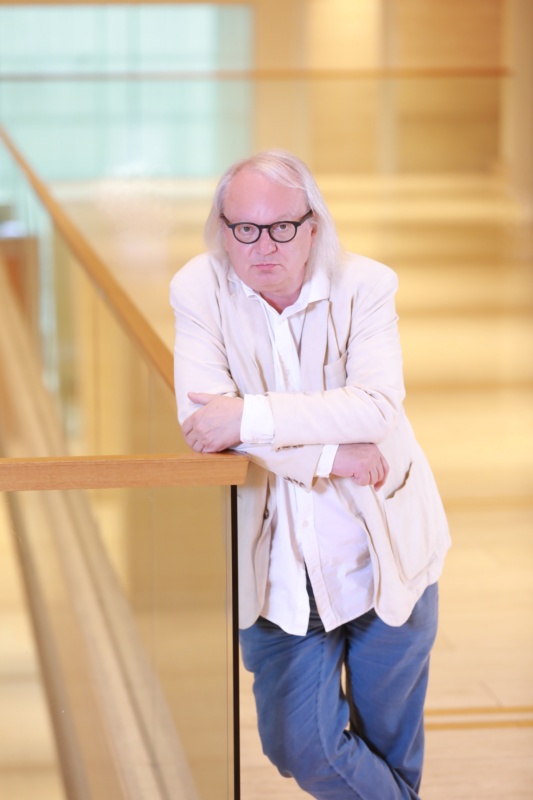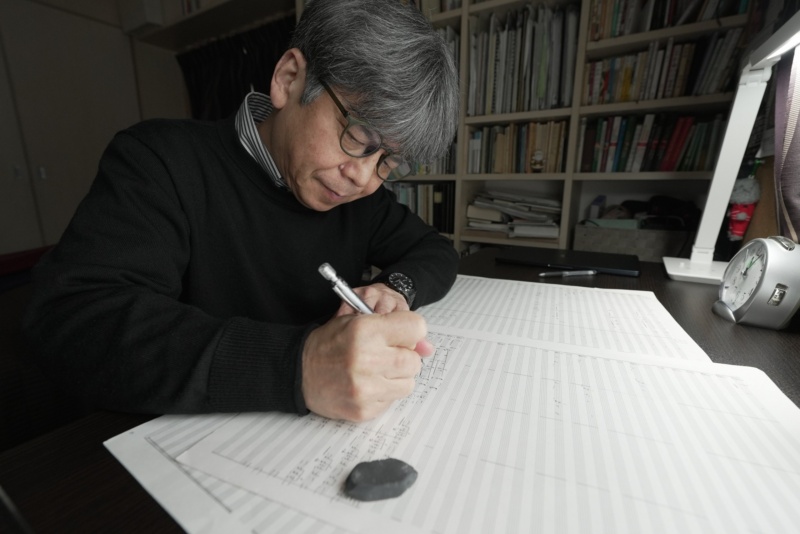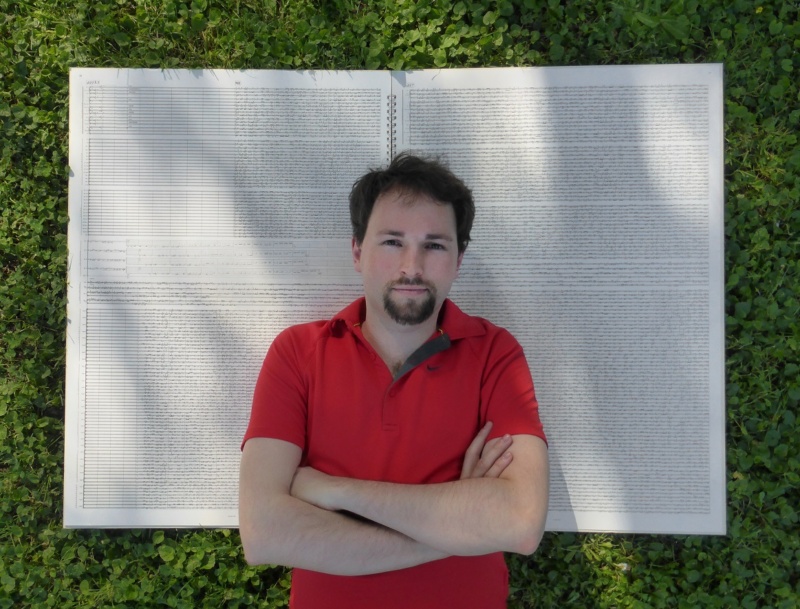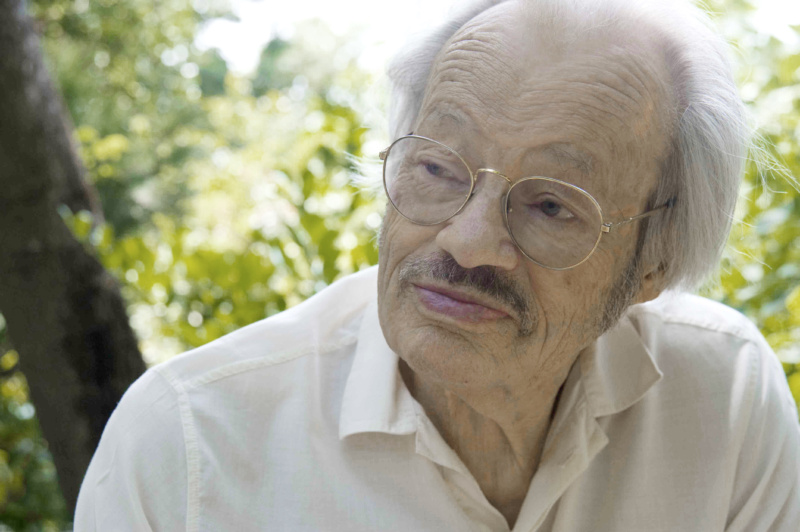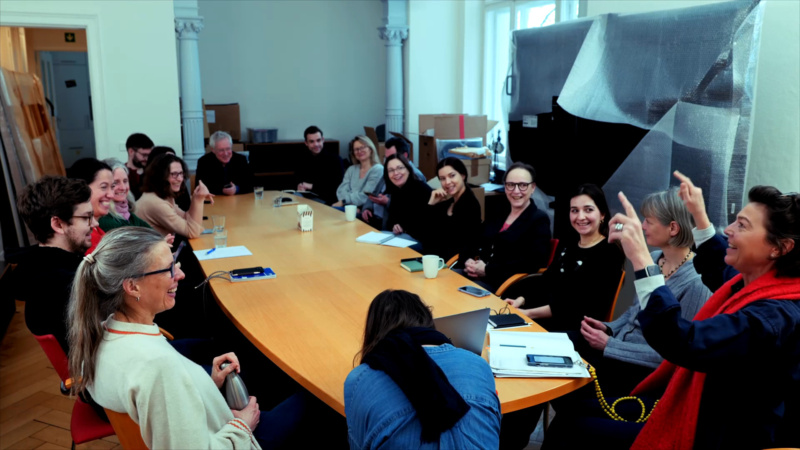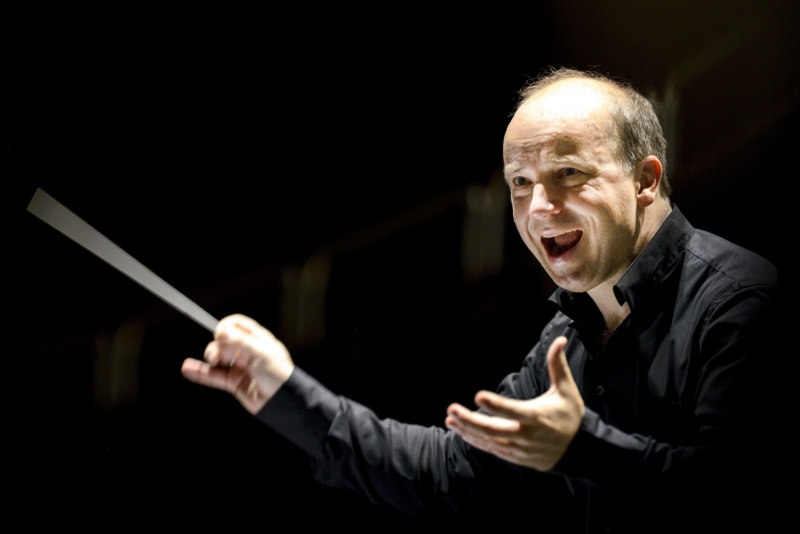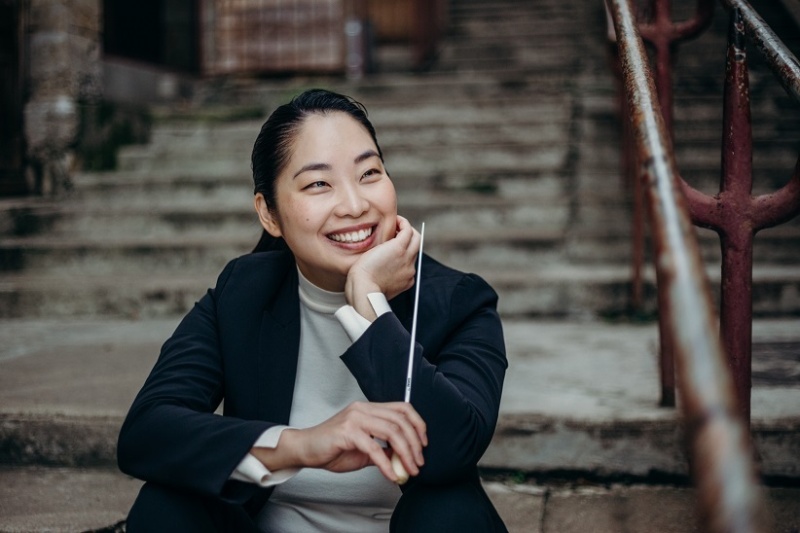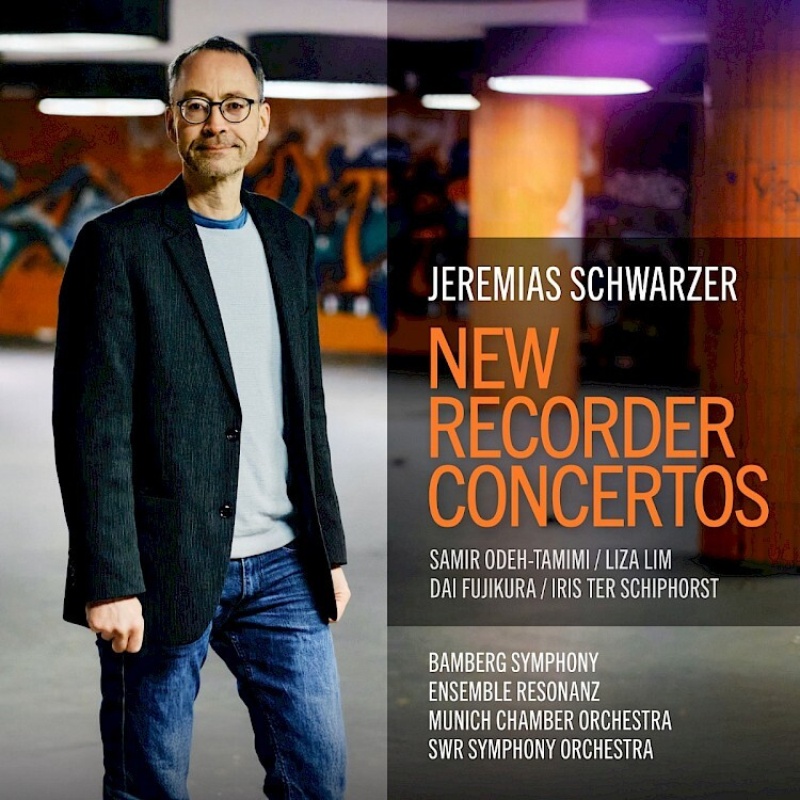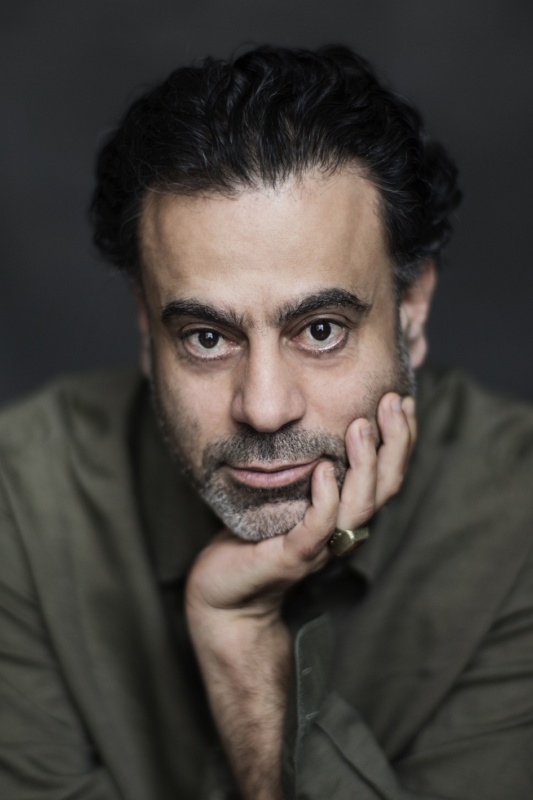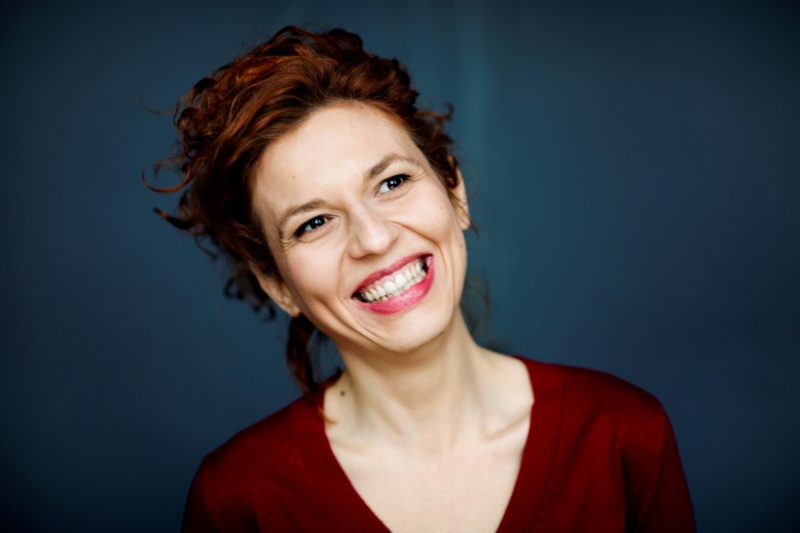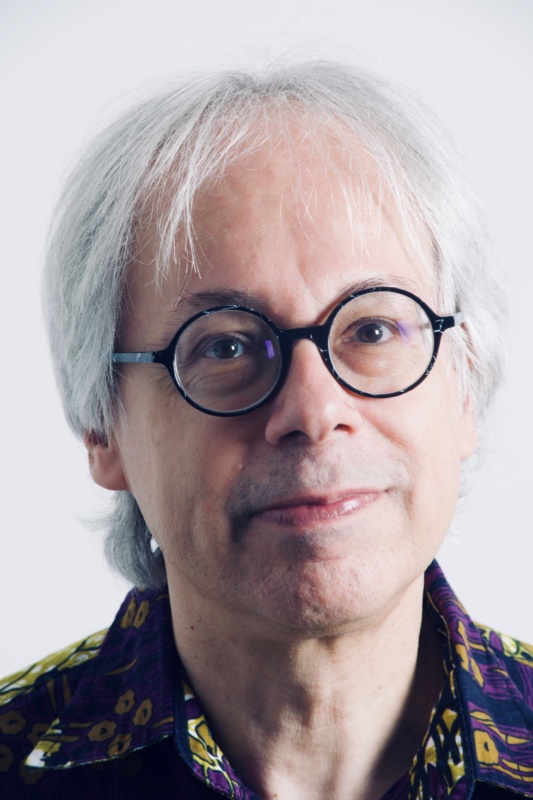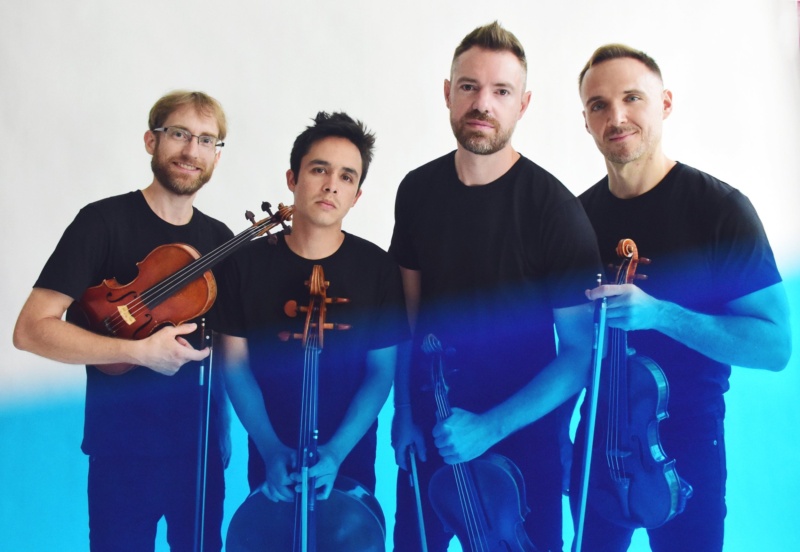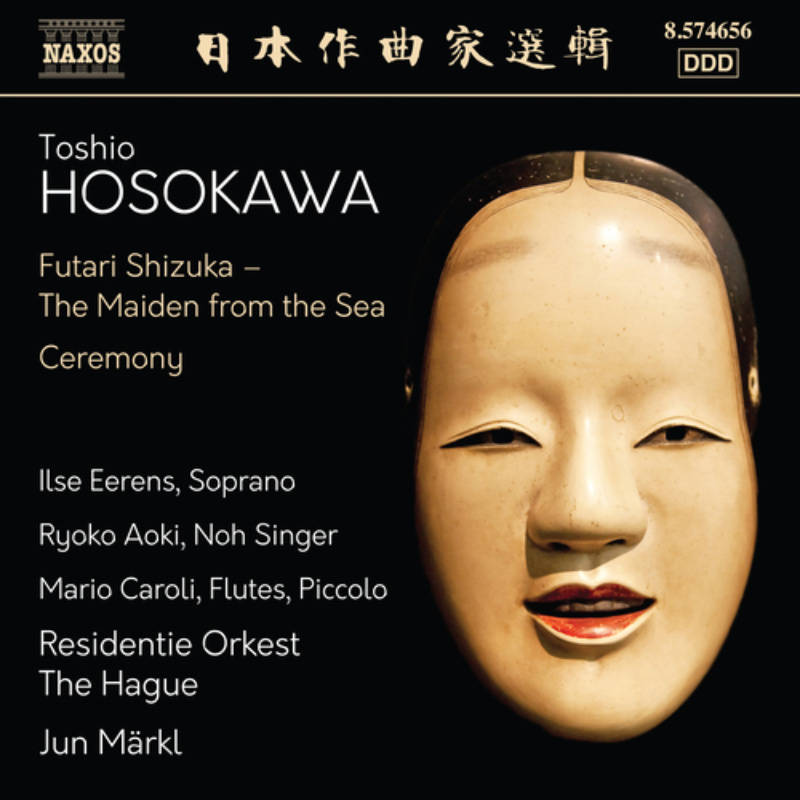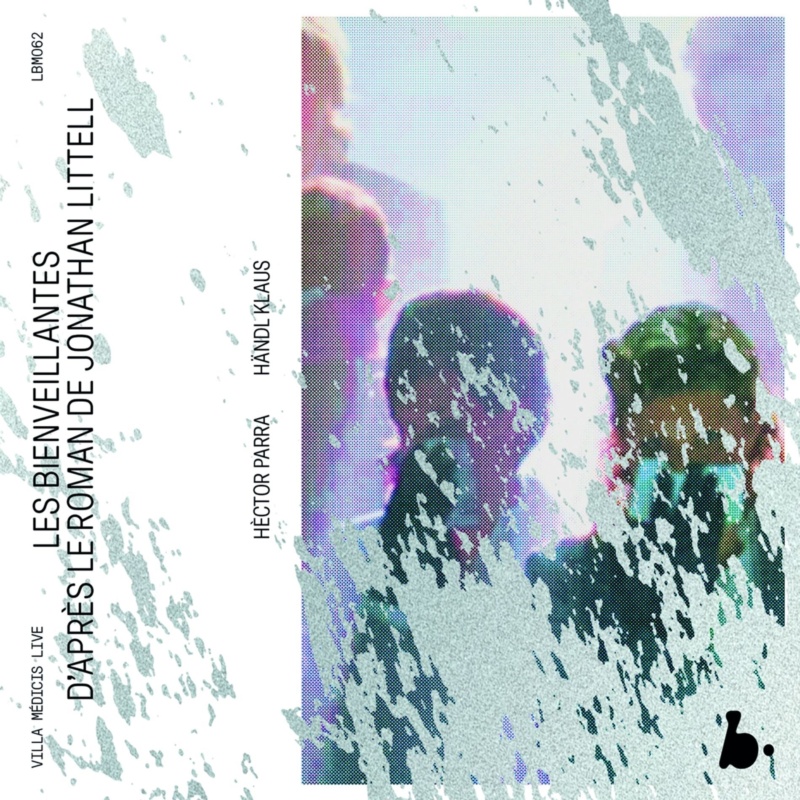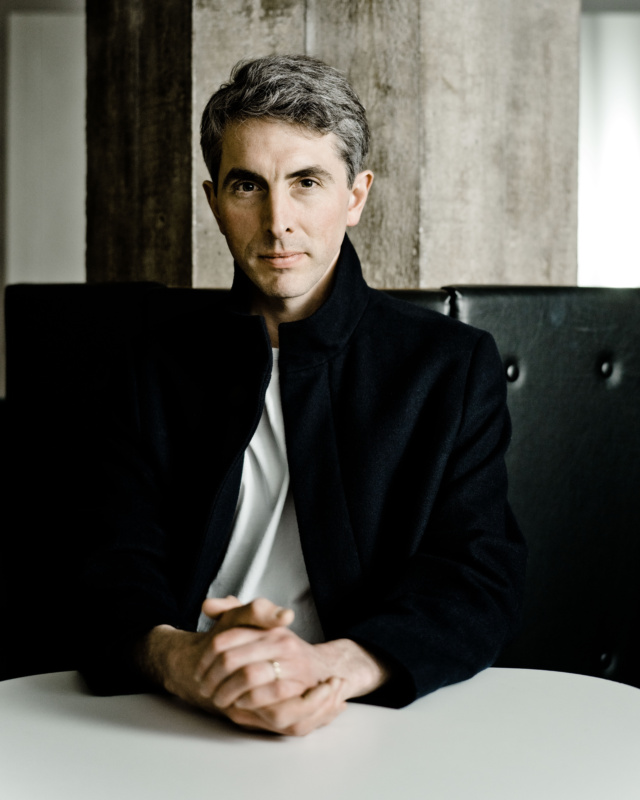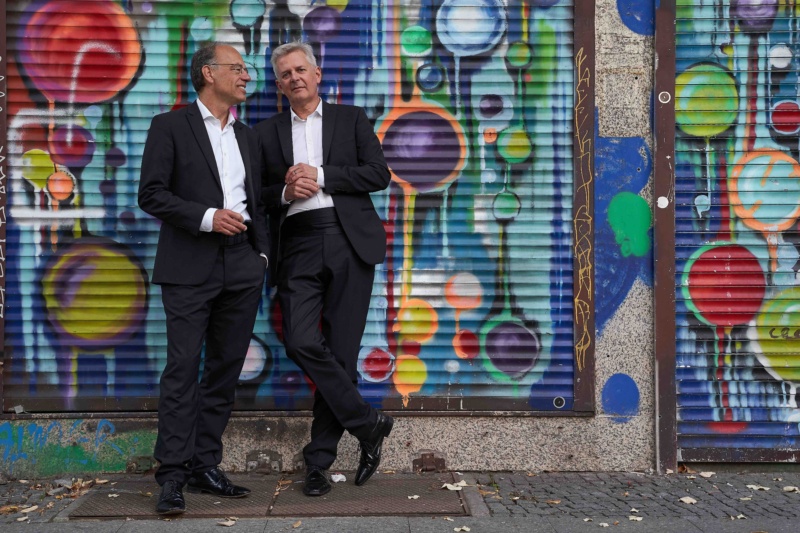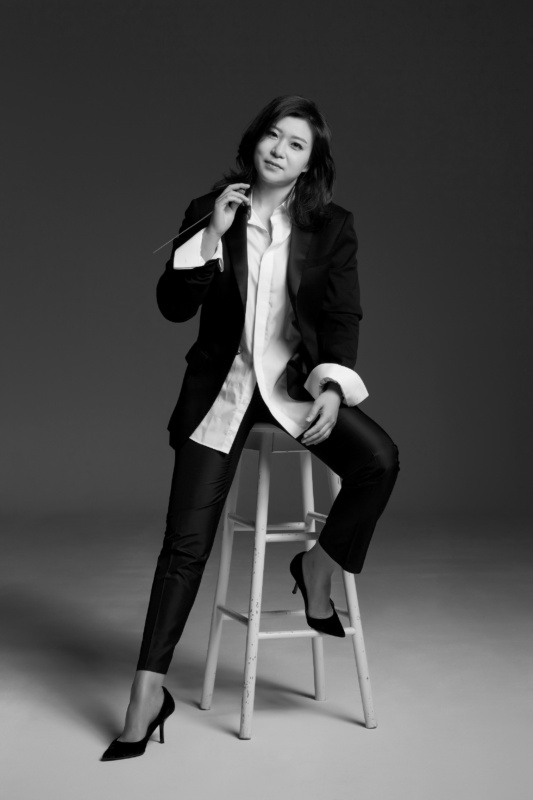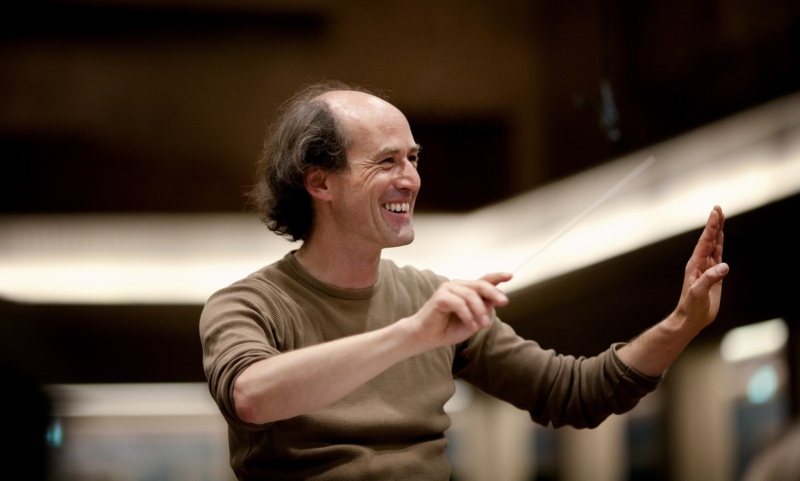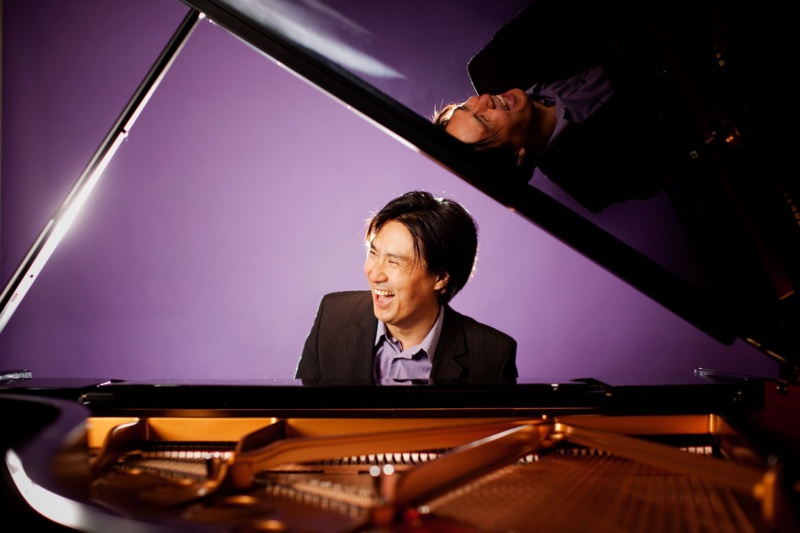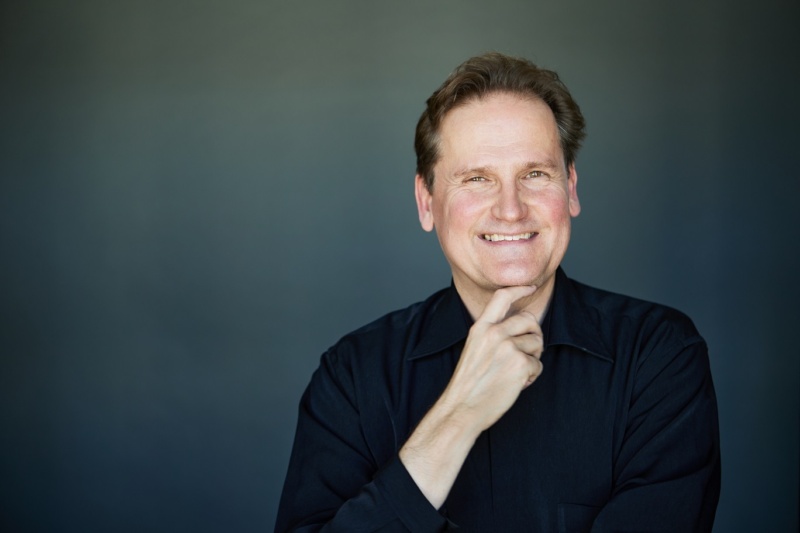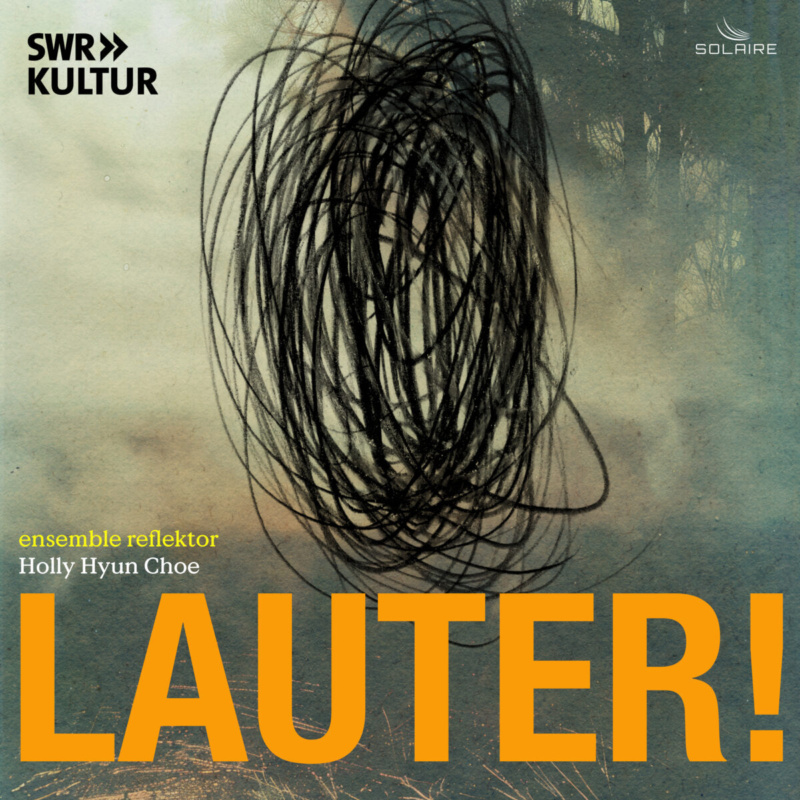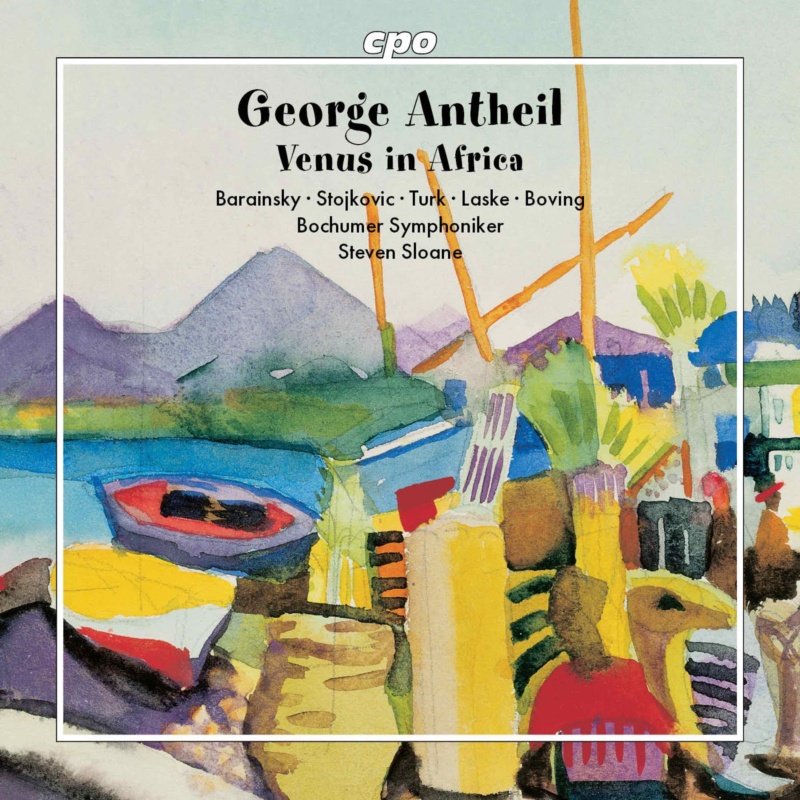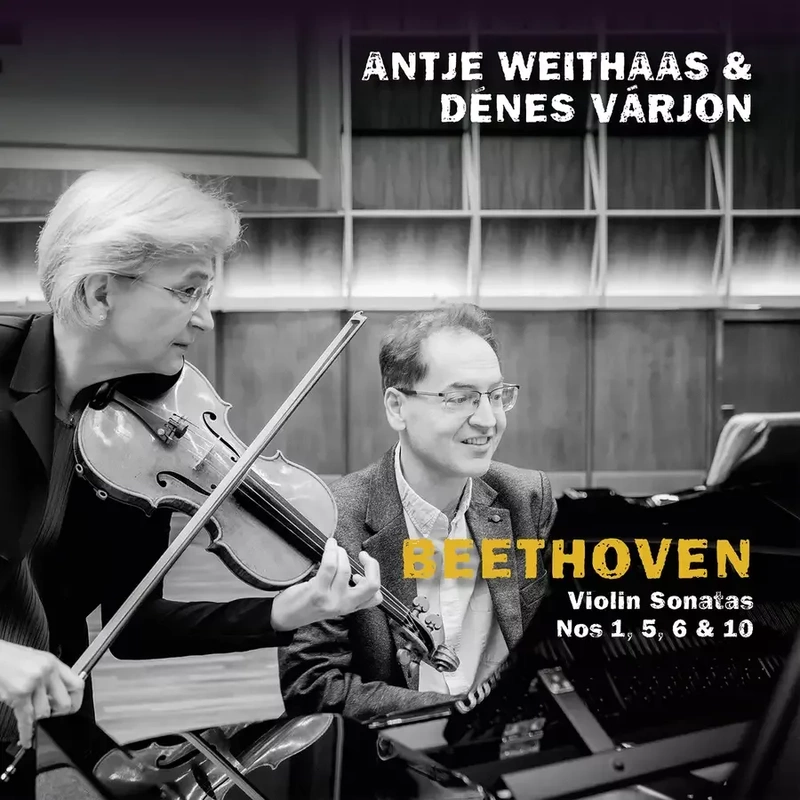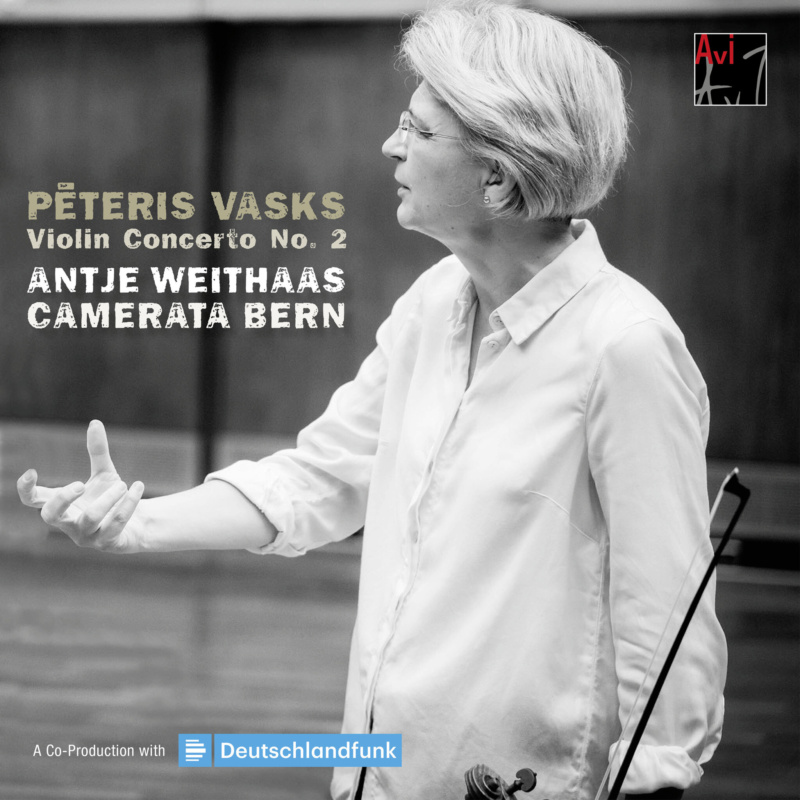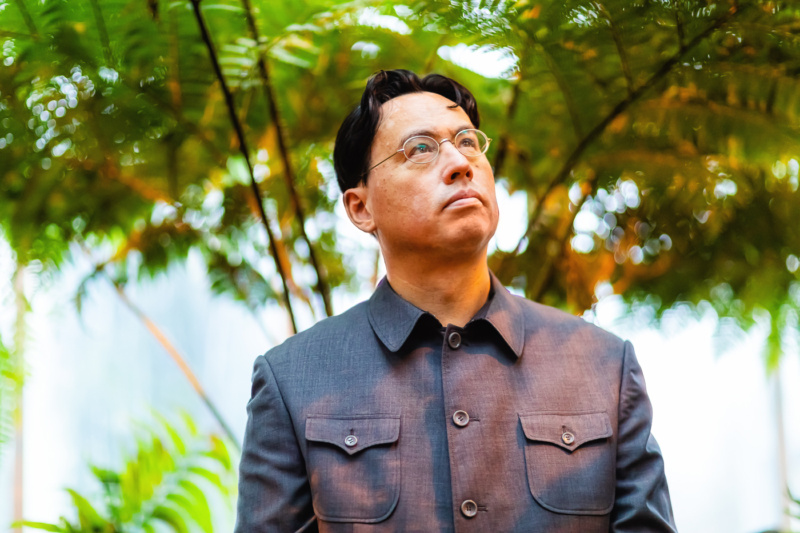Eliahu Inbal celebrates his 85th birthday on 16 February, 2021. We say "happy birthday" - and again present our three-part series of interviews with the conductor, first published in 2016.
Mr. Inbal, as a young conductor in Israel you met Leonard Bernstein. How did this meeting come about?
At that time I was concertmaster of the army symphony orchestra and assisted the conductor – this was my military service. People had already heard of me in this role, I had a reputation as a gifted young man. Suddenly I get a call from the Israel Philharmonic: I am to visit them the following day and conduct for Bernstein. I had the flu and a temperature but I went anyway and conducted Coriolan. Bernstein took me to one side and said: “You have the talent to become a great conductor. You must go abroad and study!” Thanks to his letter of recommendation I received a scholarship. Bernstein was therefore extremely important for my career. I can’t say what might have happened if I hadn’t met him. Maybe I still would have forged ahead as a conductor somehow but I have him to thank for the fact that I went abroad and studied there. He was also important for me as a role model, just like Karajan was a model for others. At that time I also experienced a range of great conductors in Israel.
And you visited the rehearsals.
Yes, unofficially. It wasn’t allowed. I slipped through a window in the room and hid. A few years later when I was conducting the Israel Philharmonic myself I showed them the window I used to creep through. That’s how I witnessed Bernstein, Kubelik, Markevitch, Fricsay at work, many great conductors and soloists too of course. That was my inspiration and my school because of course you learn during rehearsals. And playing in the orchestra is an even better schooling. There you get to know exactly how it works – what is important, what is wrong, what is efficient or what is more of a hindrance. I learnt by doing.
I read that you were shocked to hear French orchestras when you came to Paris.
Shocked is perhaps an overstatement but they did sound very different, without the patina, the fullness of sound. I grew up more with the Viennese sound. And when I conducted French orchestras as a student at the conservatoire I already tried to teach them this sound. Orchestras are very different, sometimes even within the same city or country. I teach them what I need for the repertoire that I am conducting. When I conduct Debussy or Ravel with a German orchestra I have to demand different things than I would in France. And vice versa: when I conduct Bruckner with French orchestras I demand different things than I do with German orchestras that automatically bring something with them thanks to their culture. That still holds true today.
Your time as a student in Paris had a great impact on you, particularly as a result of several encounters that you had there.
First of all I also went to lots of rehearsals and saw interesting conductors at work, from whom I learnt a lot. Messiaen taught me something important: his music analysis class was completely different to what I had previously learnt because he didn’t start out with the structure of the motifs but with the colours and sound combinations. That was a different aspect, a different perspective. At that time Nadja Boulanger was probably older than I am now and instead of doing practical exercises, she talked about the philosophy of music, about her thoughts and preferences. She did not like Richard Strauss for example, or Wagner. But among other things she taught us interesting facts about Stravinsky. With Louis Fourestier, my teacher at the conservatoire, we also dealt more with the view on music: what you should look out for in a score, how to perceive it and organise it so that you can conduct the music. Then I went to Celibidache in Siena and he had a very scientific style. Even one’s movements should follow certain principles. Everyone did his exercises, the whole class with 20 active students and 40 passive. Of course it’s absurd because conducting movements are something very personal. But it teaches you discipline and structure that you are able to arrange yourself in the movement. Celibidache also had a very firm opinion on score analysis. By contrast my other conducting teacher Franco Ferrara in Hilversum, with whom I had already taken lessons before I went to the conservatoire, was very spontaneous. He used his instinct. When he was observing a student, he knew what that person’s strengths and weaknesses were and worked with everyone differently.
So you learned your conducting trade from very different teachers.
Yes, the two extremes – Ferrara and Celibidache – were very good for me. Together with Fourestier, who conveyed a very successful didactic method of score learning, it resulted in a comprehensive training. And the most useful thing was that I always had an orchestra at my disposal. In Hilversum for example, there were five radio orchestras at that time – one for each political party. A pianist can practise on the piano, as a violinist I could practise on a violin, but what about a conductor? In my opinion you cannot practise in front of the mirror. In my life I have never practised conducting movements and gestures. Instead I took the score and thought about how I would achieve what I wanted, then everything else came naturally. The way a conductor uses his body has to emanate from the nature of things.
Surely a lot of prerequisites have to be fulfilled in order to conduct from within oneself.
I had brilliant teachers from the very beginning, from primary school right through to the conservatoire and the classes with Celibidache and Ferrara. I already mentioned Mr. Blumenthal at primary school, and Josef Tal, Edith Gerson-Kiwi, Abel Ehrlich in Israel – they were all fantastic teachers. Having the opportunity to learn from these people was a godsend because I believe that teachers can have a big influence. A teacher can make sure that a pupil learns good technique and if he’s got musical talent, this will be brought out through this technique. Other teachers are able to establish interpretative roots. Unfortunately when my son was learning the viola I realised that there are also teachers who cannot teach anything sensible and who don’t really have any kind of method.
Did you ever consider teaching more intensively yourself?
No – I still think of myself as a student. I am always learning something new. Maybe when I am 90 I will say: Right, now I know something, now I can pass it on to others.
Nina Rohlfs 01/2016 | Translation: Celia Wynne Willson
